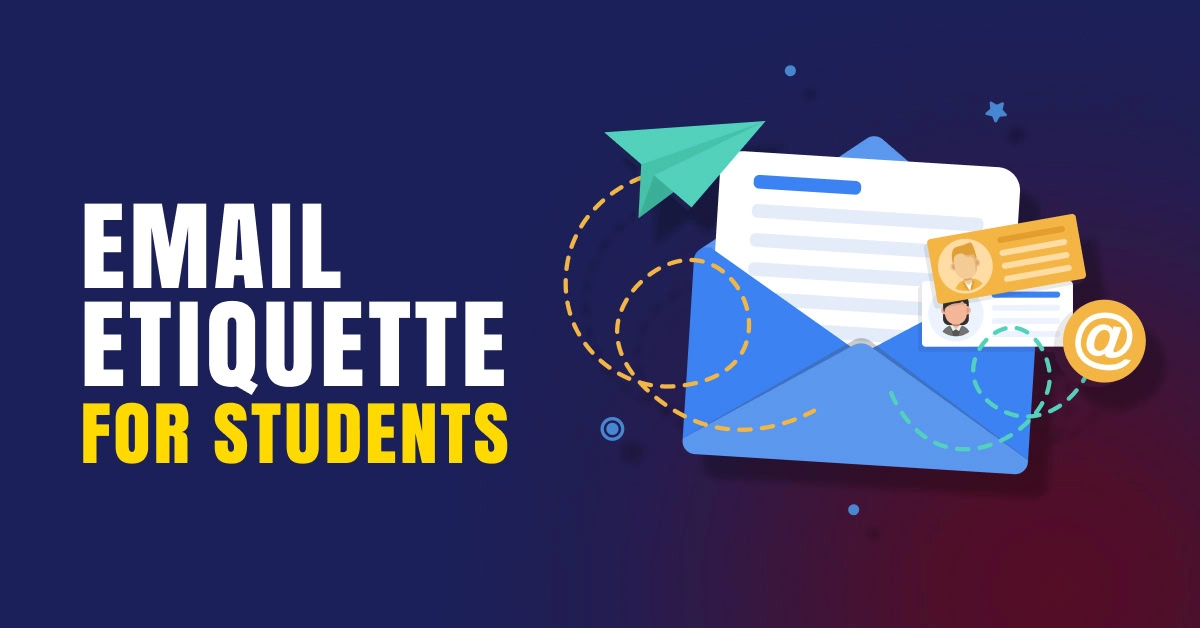As a Data Scientist, landing a job can be an exhilarating experience. You get to work with cutting-edge technologies and interesting datasets and solve complex business problems. However, before starting your new job, you must pass the interview process. Interviews can be nerve-wracking, especially when you’re trying to showcase your skills and knowledge. But don’t worry, with some preparation and a positive attitude, you can ace your Data Scientist interview. Here are some tips and tricks to help you Crack your Data Science Interview Like a Pro!
Jump to your Favourite Section
Brush up on your technical skills
Practice your problem-solving skills
Prepare for behavioural questions
Practice your communication skills
Learn from others
Build a portfolio
How to dress for BCA Interview
Tips and Tricks to track your Data Science interview
1. Brush up on your technical skills
Data science interviews usually require strong technical skills in areas such as statistics, machine learning, programming languages (such as Python, R, or SQL), and data visualization. Make sure you are comfortable with these skills and practice solving problems related to these areas.
To help you prepare, there are many online resources available, such as MOOCs (Massive Open Online Courses) like Coursera, Udemy, and edX, where you can find courses and tutorials on specific technical skills. Moreover, websites like Kaggle, GitHub, and Stack Overflow have data science communities that share resources, participate in competitions, and discuss common issues.
Following are some key points you can follow for brushing up on your technical skills:
Practice on real-world datasets: One of the best ways to improve your data science skills is by working on real-world datasets. This will help you develop your data wrangling, feature engineering, and modelling skills. You can find datasets on platforms like Kaggle or through APIs from various organizations.
Join data science communities: Joining data science communities can help you stay up to date with the latest developments in the field and get feedback on your work. Some popular communities include Kaggle, Data Science Central, and the Data Science subreddit.
Work on personal projects: Working on personal projects can help you practice your data science skills and develop a portfolio that you can show to potential employers. This can also be a great way to explore new techniques and tools that you may not have had the opportunity to use in your job.
Also Read: How to become a Data Scientist
2. Practice your problem-solving skills
Data science interviews are notorious for including challenging problem-solving questions that require critical thinking, technical proficiency, and excellent communication skills. As a Data Scientist, it’s essential to have the ability to solve problems under pressure and articulate your thought process clearly. Data science job interviews often include case studies or hypothetical scenarios that require problem-solving skills. Practice solving these types of problems and explaining your thought process.
When practising these types of questions, it’s crucial to explain your thought process thoroughly. Interviewers often look for candidates who can articulate their reasoning and decision-making process, as this demonstrates the ability to communicate complex ideas effectively.
3. Be familiar with the company
When preparing for a data science interview, it’s essential to do your research and become familiar with the company you are interviewing with. By understanding the company’s products, services, and data-related challenges, you can tailor your responses to show how your skills and experience can be an asset to the organization.
By demonstrating your knowledge of the company, you show that you are genuinely interested in the position and are invested in the organization’s success. This can set you apart from other candidates who may not have done their research or may be less familiar with the company.
During the interview, be sure to highlight how your skills and experience align with the company’s needs. You can do this by discussing specific projects or initiatives that you have worked on that are similar to the company’s goals. Additionally, be prepared to discuss how you would approach solving data-related challenges that the company may be facing.
4. Prepare for behavioural questions
In addition to technical questions, data science job interviews also typically include behavioural questions designed to assess your soft skills. These questions may ask about your teamwork abilities, communication style, or leadership skills. It’s important to prepare examples of your past experiences and accomplishments that showcase your skills in these areas.
When answering behavioural questions, it’s helpful to use the STAR method (Situation, Task, Action, Result) to structure your response. This method allows you to provide a clear and concise answer that demonstrates your skills and experience.
For example, if asked about a time when you had to work with a difficult team member, you could use the STAR method to structure your response.
5. Practice your communication skills
We cannot stress how important good communication skill is for an interview. Be it for Data Scientists or in General. You can have a pool of knowledge in the field but, it means nothing if you’re not good at communicating it to your interviewer.
Data scientists must be able to communicate complex technical concepts to non-technical stakeholders. Practice explaining technical concepts in simple terms and presenting your findings clearly and concisely.
Here are some steps you can take to improve your communication skills:
Practice active listening: Focus on listening to the speaker and understanding their point of view. Avoid interrupting and show interest in what they’re saying by asking clarifying questions.
Use technology to your advantage: Take advantage of technology to improve your communication skills. For example, you can use video conferencing tools to practice your public speaking or join online discussion groups to improve your writing skills.
Seek out opportunities to practice: Look for opportunities to practice your communication skills, such as volunteering to present at work or joining a public speaking club.
Additionally, it’s helpful to practice your communication skills with others before the interview. This could involve rehearsing responses to common interview questions or participating in mock interviews with colleagues or mentors.
Ask for feedback: Lastly, ask for feedback from others to understand how you come across and identify areas for improvement. When asking for feedback, it’s important to be specific about what you would like feedback on.
Also, be open to receiving constructive criticism and use it to improve your communication skills. For example, if you tend to ramble or use technical jargon that may be unfamiliar to the interviewer, work on speaking more concisely and using layman’s terms to explain complex concepts.
6. Learn from others
Learning from others is a valuable way to improve your communication skills during a data science interview. Observing how others communicate and adopting successful strategies can help you become a more effective communicator.
During the interview, pay attention to the interviewer’s communication style and take note of what works well. For example, does the interviewer use clear and concise language? Do they ask open-ended questions that encourage discussion? Do they listen actively and engage with your responses?
Also read: How to show confidence in a job interview
7. Build a portfolio
Having a portfolio of your data science projects can demonstrate your technical skills, problem-solving abilities, and passion for the field. Showcase your portfolio during the interview to provide tangible evidence of your capabilities.
To build a strong portfolio you can do the following:
Document your process: Document your process and include detailed explanations of your methods and results. This will help others understand your thinking and approach to data science.
Showcase your projects: Create a portfolio website or use a platform like GitHub to showcase your projects. Be sure to highlight your key accomplishments and provide links to the code and data.
Continuously update your portfolio: Continuously add new projects to your portfolio and update your existing projects as you learn new techniques and technologies. This will help you stay current and demonstrate your ongoing commitment to data science.l
8. Ask questions
Prepare questions to ask the interviewer about the company’s data-related challenges, the team structure, and the company culture. This will show that you are genuinely interested in the position and help you determine whether the company is a good fit for you.
Also read: 5 things you didn’t know about job interview
9. Look Presentable
When it comes to dressing for a BCA placement interview, it’s important to present yourself as professional and polished. Remember, your appearance is the first impression you will make on the interviewer, so it’s important to dress appropriately and professionally for a BCA interview.
Here are some tips on how to dress appropriately:
Dress formally: Choose professional and formal attire such as a suit, dress pants or skirt, and a button-down shirt. Avoid wearing anything too casual such as jeans, shorts, or t-shirts.
Keep it simple: Avoid wearing anything too flashy or distracting such as bold patterns or bright colours.
Pay attention to grooming: Grooming is an essential aspect of presenting yourself professionally and formally for a job interview. Paying attention to your appearance and ensuring that your hair, makeup, and accessories are neat and understated can make a big difference in the impression you make on the interviewer.
Wear comfortable shoes: Choose comfortable shoes that match your outfit and are appropriate for a professional setting. Black or Brown oxford shoes for men and stilettos for women are the safest bet when it comes to footwear.
Check the company culture: Before the interview, research the company’s dress code and culture. If the company is more casual, you may be able to dress down a bit. However, it’s always better to err on the side of dressing more formally.
Frequently Asked Questions
Data science interviews can be particularly difficult due to the many proficiencies that you’ll have to demonstrate (technical skills, problem-solving, communication) and the generally high bar to entry for the industry.
First is that three core skills are critical for most data science jobs today: R, Python, and SQL. These three skills form the core of the data science skill set and at least one of them is present in nine out of 10 job postings on Glassdoor.
DSA is not as relevant for data science interviews except if you are applying for the role of a data engineer or machine learning engineer. These roles involve more software engineering than data science and therefore require strong DSA understanding.
The most popular coding language for data science nowadays is Python. This dynamic, all-purpose language is by nature object-oriented.
When interviewing to be a data scientist, you can expect to receive at least a few questions about coding. Among other things, the interviewer may ask you to explain certain concepts, discuss your experience with coding techniques or outline your workflow.








